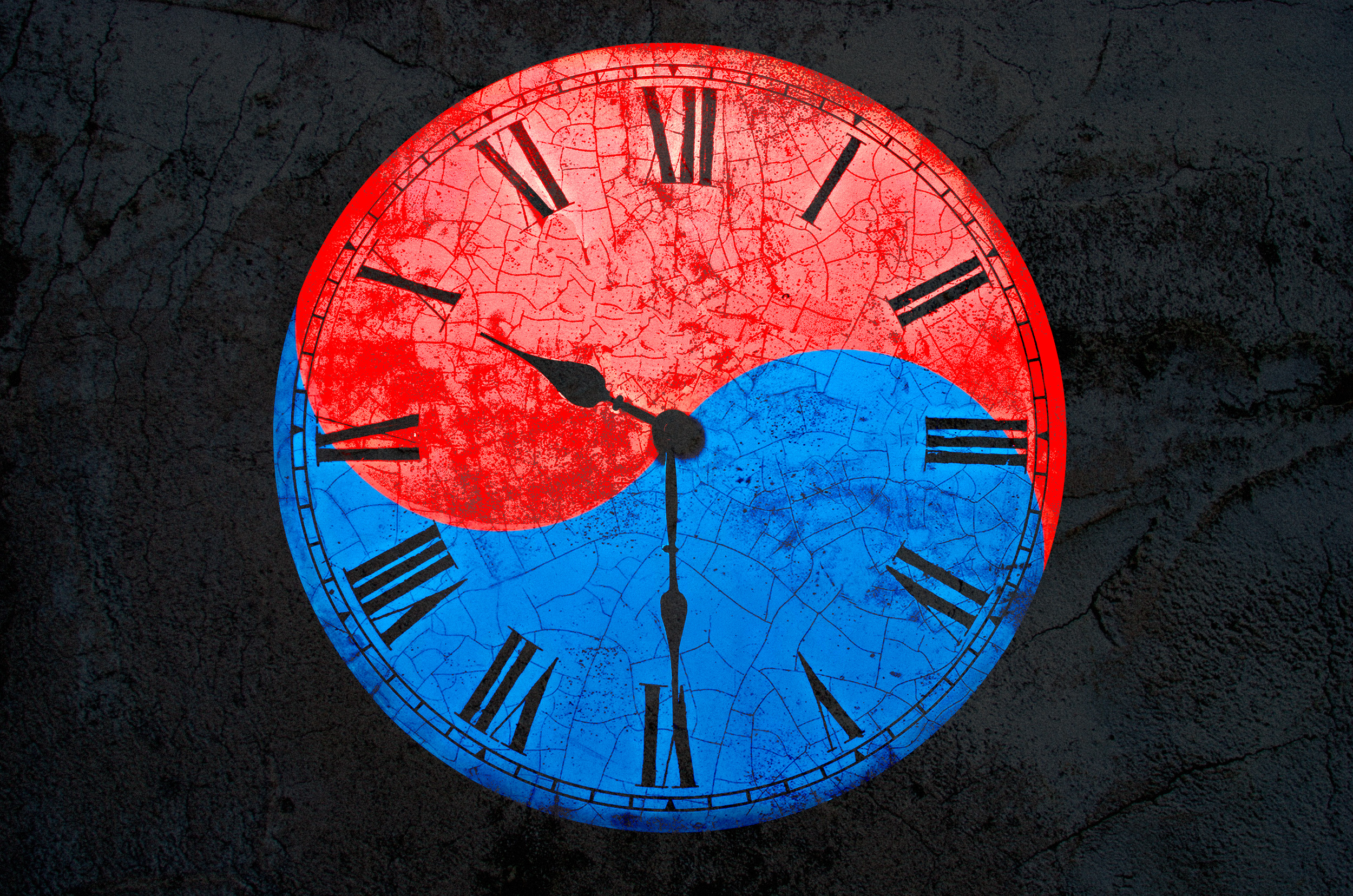Issue:
January 2025
Martial law and six hours that shook South Korea’s media

I was enjoying a glass of wine with friends when a random message came through on KakaoTalk around 10:30 p.m.: “MARTIAL LAW DECLARED.”
At first, I thought it might be a friend recommending a film about South Korea’s authoritarian past. Finding no such film title online, I refreshed news sites to see if I was missing something. Nothing appeared. Then slowly the breaking news alerts began flooding in, and the surreal reality dawned.
President Yoon Suk Yeol’s shock declaration on the night of December 3 took us all by surprise. As the ongoing investigation reveals, however, it was far from spontaneous.
I turned on the TV just in time to catch the end of his speech, in which he declared martial law to eradicate what he called “shameless pro-North Korean anti-state forces” – his regular slur against political opponents. News presenters were visibly clueless, speechless as they struggled to process what was happening.
Then another breaking news alert flashed on my phone: “ALL MEDIA AND PUBLICATIONS UNDER MARTIAL LAW CONTROL”. What did that even mean? How was it possible in 2024? A flurry of questions raced through my mind.
Social media lit up with disbelief. Posts captured confusion, anger, and fear as people grappled with the implications of martial law. Democratic Party lawmakers rushing to the National Assembly to try to overturn the martial law became a trending topic. In the heat of the moment, I grabbed a taxi and headed there myself.
Having documented Yoon’s increasing hostility toward the press since his inauguration, the declaration hit particularly close to home. His administration had already created a climate of fear among Korean journalists through raids on newsrooms, defamation suits, and branding unfavourable coverage as “fake news”. Now, with vague announcements of restrictions on the media, newsrooms nationwide were gripped by uncertainty.
Between fielding calls from international media seeking updates, I tried to make sense of the scene unfolding at the National Assembly. Police buses lined the streets, and officers formed human barricades at every entrance. There was no way into the normally public grounds of the parliament building. Citizens were shouting “Open the doors!” The sight of several military helicopters hovering overhead and landing inside the grounds felt surreal, like something from an era I’d only read about in textbooks during my days of Korean studies.
Later, I would learn that some journalists were huddling in their newsrooms, unsure whether to continue broadcasting or pull critical coverage. Others feared their past reporting on Yoon might make them targets. One prominent broadcaster, Kim Ou-joon, had already gone into hiding after being tipped off that he was in danger and soldiers turned up outside his studio doors. He told Reuters he thought he was “going to die”.
Looking back, the mere few hours of martial law revealed how quickly press freedom could vanish. Military documents would later show preparations for comprehensive censorship, with an elaborate system of penalties for both domestic and foreign media that would have reported critically of the military government. Even seemingly minor infractions, such as reporting on “soldiers showing fear”, would have been prohibited. Foreign journalists would have faced visa cancellation and deportation for repeated violations, according to the documents, which I reviewed.
But after parliament voted to rescind the martial law, the crisis sparked an unexpected shift in media dynamics. Television stations that had grown cautious under Yoon’s previous attacks suddenly found renewed courage, broadcasting round-the-clock investigations into the martial law declaration. Pundits who had disappeared from public view after Yoon’s attacks on media emerged again, speaking more forcefully and confidently than ever about democratic backsliding. Outlets that had retreated into self-censorship now led the charge in holding power to account.
As a regular commentator myself on Korean politics before Yoon’s crackdown on critical media, I noticed the change personally. The same programmes that had stopped inviting me were suddenly calling again, eager to dissect the implications of this democratic crisis.
The scene outside parliament also transformed rapidly. What began as a terrifying standoff between troops and protesters evolved into something almost festive. Demonstrators waved K-pop light sticks and sang songs in a show of unity.
Today, as Yoon faces impeachment proceedings, the mood among journalists seems to have shifted from fear to cautious hope. The crisis served as a stark reminder that press freedom, hard-won after decades of dictatorship, remains fragile.
But it also demonstrated that when democracy is threatened, South Korea’s civil society and media institutions still have the strength to push back. The brief return of authoritarianism may have inadvertently reinforced the very democratic values it sought to suppress.
Raphael Rashid is a Seoul-based freelance journalist and author of The Korea We Refuse to See.

